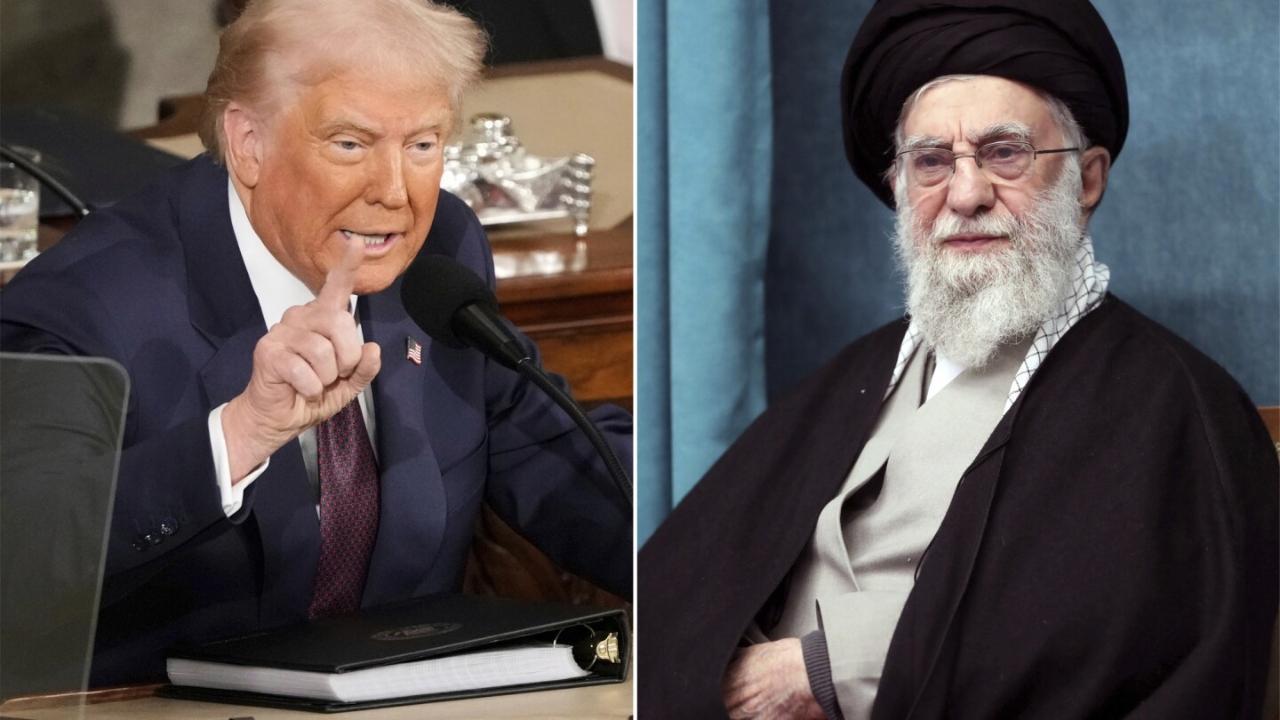
Post by : Monika
Photo:AP
The United States and Iran have started talking again to find a way to settle their long-standing fight over Iran’s nuclear program. Both countries say they want peace, but the new talks are also creating big problems inside Iran. Different political groups there are fighting about what direction the country should take.
Why Are the U.S. and Iran Talking Again?
Since April 2025, officials from both sides have met several times. The U.S. team is led by Steve Witkoff, who works for former President Donald Trump. Iran’s team is led by Foreign Minister Abbas Araghchi. They met in places like Oman and Rome.
In these meetings, they are talking about how much uranium Iran can continue enriching. They are also discussing if international inspectors will be allowed to check Iran’s nuclear sites again. Their goal is to make a deal before the end of August. If no deal is reached by then, special rules in a past agreement from 2015 could bring back serious United Nations sanctions.
What Is the Plan?
In return, the United States would fully remove economic sanctions, which are hurting Iran’s economy. This plan tries to give Iran the right to use nuclear energy, while also calming fears in the U.S. and Europe about Iran possibly making nuclear weapons.
What’s Happening Inside Iran?
Inside Iran, there’s a big argument. Two main groups are not agreeing.
The hardliners, led by Iran’s Supreme Leader Ayatollah Ali Khamenei, do not want to stop uranium work. They also do not trust international inspectors. They want strong guarantees before agreeing to anything.
On the other hand, the president and the foreign minister want to move forward with talks. They believe Iran needs peace and a stronger economy to protect the people.
This fight is making it hard for Iran to act clearly. Some leaders want to fix things through peace, while others fear Iran will look weak if it gives up too much.
Pressure from Other Countries
Many other countries are watching closely. Britain, France, and Germany have warned Iran that if no progress is made, United Nations sanctions will return by late August. These countries want Iran to stop uranium enrichment quickly.
Iran is still working with international inspectors, but now they need approval from Iran’s national security team. European leaders also joined a meeting in Geneva recently and made it clear they want Iran to limit its nuclear work.
What Happened Recently?
Earlier this summer, the United States and Israel attacked Iran’s nuclear sites in an operation called “Operation Midnight Hammer.” President Trump said the operation destroyed those sites. But experts say the damage only slowed Iran’s nuclear program for a few months.
These strikes caused Iran to pause the nuclear talks. Iran quickly fired missiles at a U.S. base in Qatar in response. This made people fear that the region could fall into a deeper conflict.
Iran’s Changing Attitude
After the attacks, Iran’s parliament said no more talks should happen unless the U.S. promises never to strike Iran again. Iran also said it would not fully stop enriching uranium and would not talk about its missile programs.
The foreign minister still hopes to make a deal, but only if Iran can keep some of its nuclear rights. The president also said that even if talks fail, Iran can survive and stand strong. However, leaders like Khamenei warned that Iran must be ready for war if there are more attacks.
What Might Happen Next?
There are three possible paths forward:
Full Deal: Iran agrees to stop high-level uranium work, allows inspectors inside, and sends away its uranium. In return, the U.S. and Europe lift all sanctions.
Partial Deal: Iran reduces its nuclear work slightly, but talks continue about inspections and rules later.
No Deal: Talks fail by August. U.N. sanctions return. Iran starts high-level enrichment again. This could bring more attacks or war.
If no agreement is made, there could be serious consequences. More military action may happen. Tensions could grow between Iran and its neighbors, especially Israel and the U.S.
Why This Is Important for Everyone
Many people in Iran are worried. Sanctions have made life hard. Prices are high. Jobs are fewer. People want peace so they can live better lives.
Other countries, like Israel and some Arab states, feel Iran’s nuclear work is a big danger. They fear that Iran may one day build a nuclear weapon. They support stronger rules or even military action if needed.
The U.S. and Europe want to stop Iran from building nuclear weapons. But they prefer talking and diplomacy instead of war.
This story is about more than just two countries talking. It’s about safety, peace, and the future of the Middle East. A good deal could make life better for millions. But if talks fail, there could be war, poverty, and pain for many people.
Right now, the world is watching. What happens next could change everything.
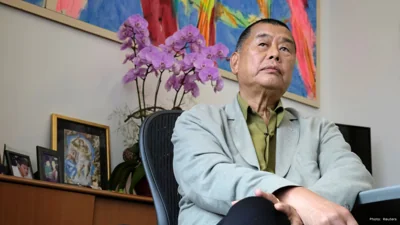
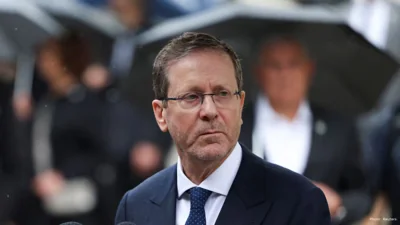
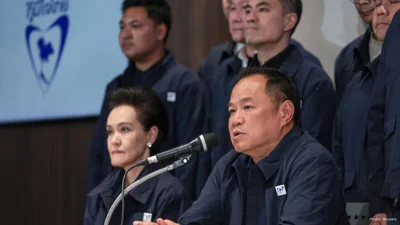
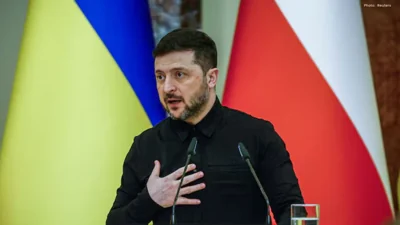
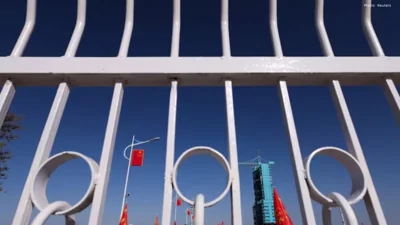


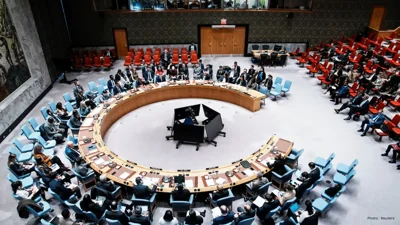


Mattel Revives Masters of the Universe Action Figures Ahead of Film Launch
Mattel is reintroducing Masters of the Universe figures in line with its upcoming film, tapping into

China Executes 11 Members of Criminal Clan Linked to Myanmar Scam
China has executed 11 criminals associated with the Ming family, known for major scams and human tra

US Issues Alarm to Iran as Military Forces Deploy in Gulf Region
With a significant military presence in the Gulf, Trump urges Iran to negotiate a nuclear deal or fa

Copper Prices Reach Unprecedented Highs Amid Geopolitical Turmoil
Copper prices soar to all-time highs as geopolitical tensions and a weakening dollar boost investor

New Zealand Secures First Win Against India, Triumph by 50 Runs
New Zealand won the 4th T20I against India by 50 runs in Vizag. Despite Dube's impressive 65, India